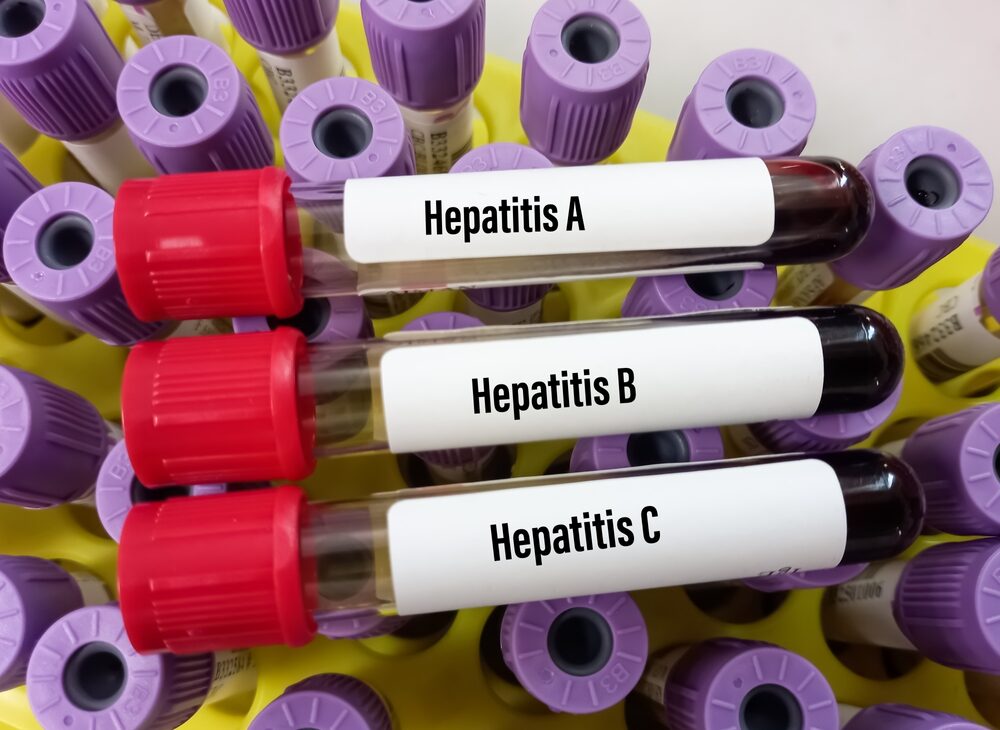It came as a complete surprise to researchers several years ago when a patient recovered from multiple myeloma. It was a remarkable recovery and made more remarkable by the fact that the patient was being treated for an entirely different disorder.
This case did not escape notice by a French and Spanish team. The researchers eventually discovered that hepatitis C (HCV) and B (HBV) virus are associated with the development of multiple myeloma and earlier non-cancerous but abnormal proteins in the blood (monoclonal gammopathies).
The most recent study indicated that detecting and treating hepatitis B and C infections at an early stage may prevent the monoclonal gammopathies from becoming cancerous.
Proof of HBV-Positive Survival
In their published article, the team headed by biomedical scientist Alba Rodriguez-Garcia demonstrated that antiviral therapy contributes to the survival of HBV positive multiple myeloma patients.
About Multiple Myeloma
The cancer, which is characterized by abnormal plasma cells in the bone marrow, normally produce antibodies that fight infections. The abnormal cells produce an antibody called a myeloma protein and is useful as a biomarker indicating if cancer or other condition is present.
Although there has been considerable research and improvements in treatment, the disease is still considered incurable.
Studies have found links between chronic exposure to viral byproducts, multiple myeloma and MGUS which is a condition whereby an atypical protein is discovered in the blood. It is not cancerous at this stage.
Chronic lymphoma and lymphocytic leukemia have been linked to long-term infections as well. The list includes the addition of infections linking multiple myeloma and viruses such as Epstein-Barr and HIV. The researchers realized that if they can decipher how the patient’s antibodies are programmed before they attack, they can maintain some control of the disease.
In 2022, the team published a study in that included nine hepatitis C patients who were diagnosed with monoclonal gammopathy. The patients who were treated with antiviral medication demonstrated better improvement in multiple myeloma or monoclonal gammopathy in comparison to those who did not receive the antiviral medication.
The researchers were even more encouraged when one of the multiple myeloma patients began complete remission for a minimum of four years.
The Latest Study
The Rodriguez-Garcia team’s newest study consists of 45 patients who were diagnosed with hepatitis B and monoclonal gammopathy. In 36.7% of those cases, they were able to detect which type of excessive antibodies were produced and in those cases, HBV was targeted.
Notably, when the antiviral treatment was administered, the gammopathy did not progress in two of those patients.
Armed with this information, the team studied a group of approximately 2,500 multiple myeloma patients who had either hepatitis C or hepatitis B. As expected, they observed a higher chance of survival for patients receiving antiviral treatment.
In conclusion, the authors stated that the study confirms the importance of antiviral treatments for patients with HCV or HBV driven clonal gammopathies. This includes multiple myeloma.
The authors stressed that anti-viral therapy is most appropriate when prescribed early.
The study was published in Haematologica.
Editor’s Note: Get Involved
Cancer doesn’t discriminate. WHATNEXT and its partners are interested in amplifying the voices of those from all identities and backgrounds. If you have a cancer journey to share, reach out here to learn more about how your voice can help spread awareness and inspire individuals from all walks of life.
hepatitis multiple myeloma myeloma research
Last modified: August 1, 2024











